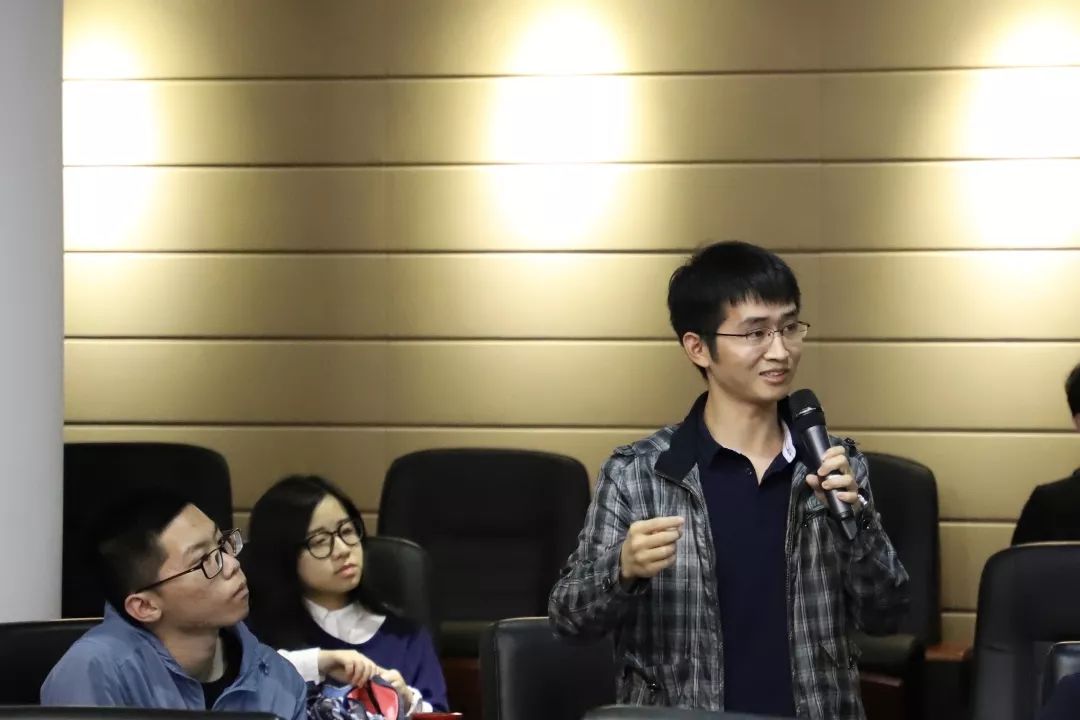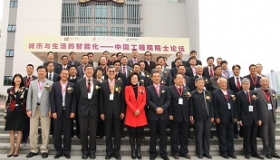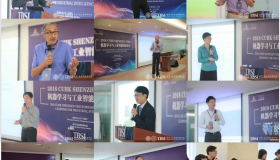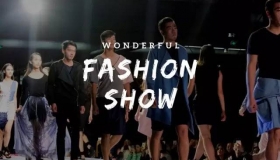Lecture Review | Dr. Zhengqiang Li from Dalian Commodity Exchange: China’s Obligation to Offer the Price Quotation in RMB and Keep Transparency in Price

The results of U.S. Mid-term election showed that the Democrats had won control of the House of Representatives, and the Republicans had retained control of the Senate. What difference the result would make on the trade war between China and U.S.? In the lecture of SFI held on the same day, Dr. Li focused on China-U.S. relation. He said China and U.S. were totally opposite in the aspect of global economy. Although Trump’s office had been always addressing America first, it withdrew from TPP, Paris climate change agreement, UN Human rights Council, and Intermediate Nuclear Forces Treaty. He also started the trade war with China. By contrast, China had grown by embracing the world and the world had also benefited from China’s opening-up. The new order for global trade had to be based on the principles that countries would adapt to the new circumstance of global economy and safeguard fairness and justice. To meet this need, China ushered a new diverse and opening era for the derivative markets.

Under the theme of “Price Discovery of Derivative Markets”, Dr. Li dated back to its origin and introduced its development drivers, basic concepts and mechanisms, domestic and foreign derivative markets. He also further analyzed the role of derivative markets and how to respond to the risks it might bring about.
Dr. Li said, from a micro view, future price was the management of risks of price fluctuation (hedging) while from a macro view it was used to improve price system, predict economy situation and set pricing benchmark. He then gave an interesting example that the rate of return of ice orange juice was correlated with the temperature changes of Central Florida. The future price of orange juice earlier showed the sign on weather changes better than U.S. National Weather Service. Clearly, the future price that fully reflected all information of the relation between demand and supply was the pricing benchmark of commodity exchange.

Dr. Li predicted that the Asia-Pacific region would be the biggest derivative market in the world. In the past two years, 70% ironstone, 60% soybean, 50% copper ore, 40% refined copper and 20% raw oil were imported to China. The volume of China’s commodity futures contributed to more than half of the total. In 2017, the volume of the derivatives was 35% of the total, mostly from China and India. Even with a huge market, China still could not earn the large profits in global markets, he said. The way that the price of commodity was quoted in dollars laid the foundation for U.S. dollar as the international currency, which had been circulated worldwide and widely used in the international payment and reservation. As the biggest trader, China had to exert the influence on pricing. Dr. Li also said that the share of RMB in SDR currency basket was 10.92% but the counterparts of dollar and euro were 41.73% and 30.93% respectively. The gap between RMB and dollar in the global economy had become a serious problem for global trade and economic order.
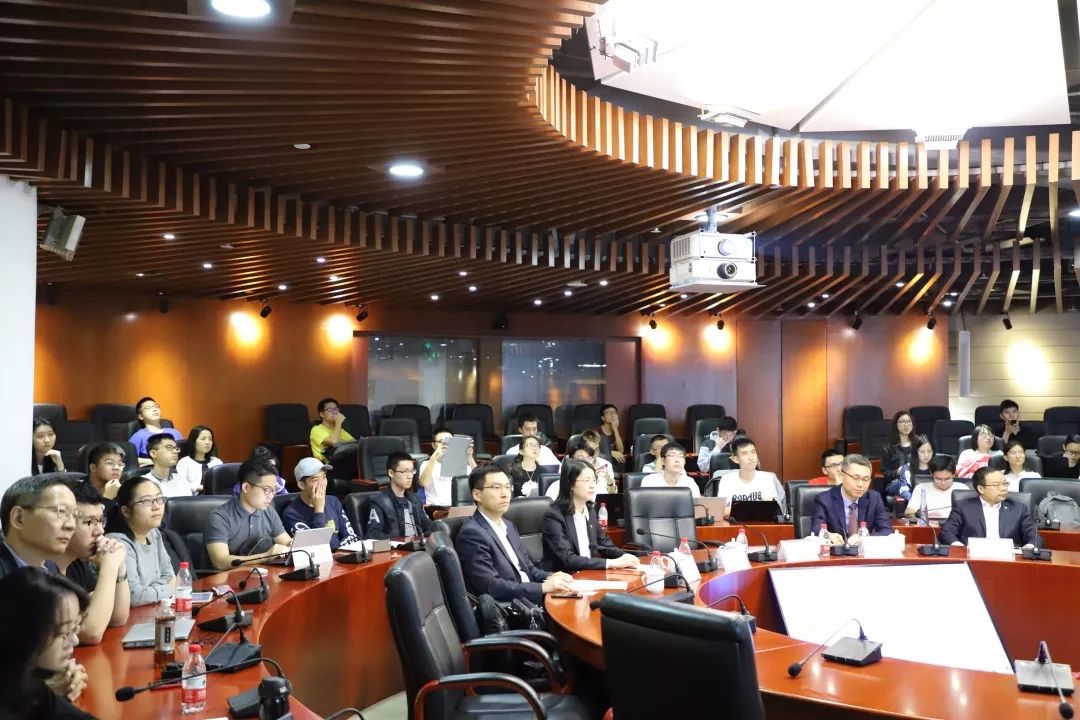
To develop the derivative markets at a faster pace, China was trying to explore the derivative markets of insurance and future. In 2015, the “Insurance and Future” financial service launched by Dalian Commodity Trade had a good performance in stabilizing the minimum price of agricultural products. In 2017, the income insurance was added into the category of crop insurance that only covered total crop failure and loss of revenue before. It was time for China to develop the derivative markets. As the biggest trader, China had the obligation to offer the price quoted in RMB and keep it open. In fact, there was no concerns with the global governance.
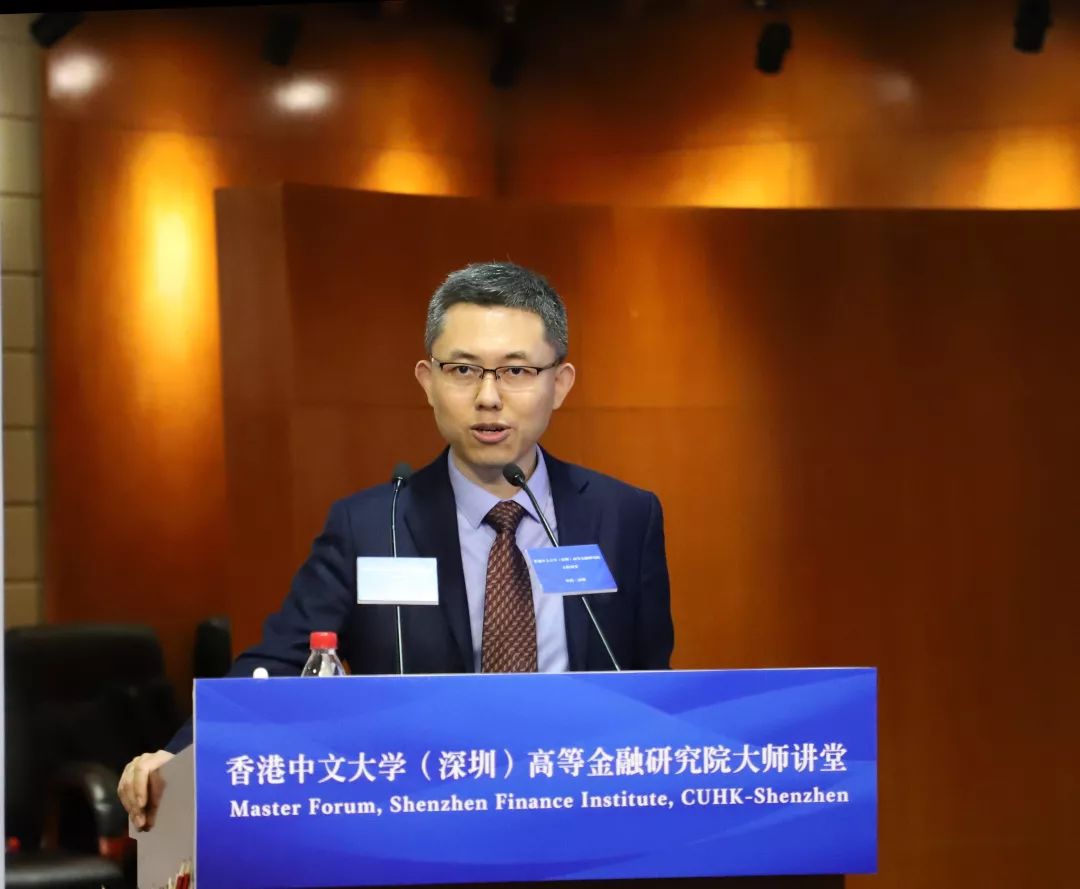
Associate director of SFI, Prof. Cong Wang introduced Dr. Li and the lecture, and said that as one of the top future exchanges in China, Dalian Commodity Exchange had transformed from a simple exchange into a derivative exchange. Dr. Zhengqiang Li was the director of Fund Management of China Securities Regulatory Commission, secretory of Galaxy Securities, and vice manager of China Financial Futures Exchange. He had focused on studying the derivatives and already accumulated rich experience in practice.

